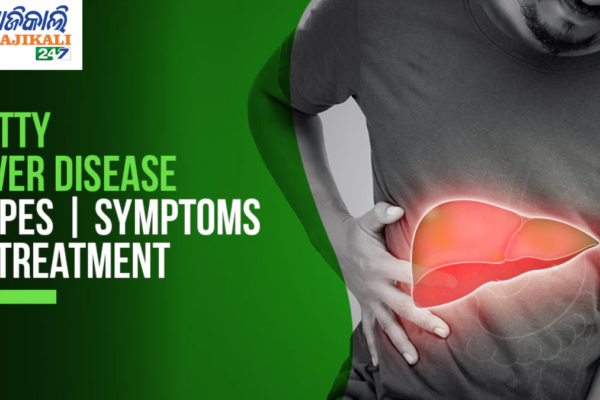Introduction
Your liver is a remarkable organ that plays a crucial role in maintaining your overall health. It performs various essential functions, including filtering toxins from your blood, aiding in digestion, and storing energy. However, when the liver is compromised, it can lead to a range of health issues, one of which is jaundice. Jaundice is characterized by yellowing of the skin and eyes due to a buildup of bilirubin, a waste product that the liver normally processes and excretes. To prevent jaundice and promote liver health, it’s important to adopt a lifestyle that supports this vital organ. In this blog, we’ll explore some tips to help you maintain a healthy liver and well-being.
Maintain a Healthy Diet
The foods you eat have a significant impact on your liver’s health. To support your liver, focus on a balanced diet that includes:
- Fruits and Vegetables: These are rich in antioxidants and fiber, which help your liver detoxify and eliminate waste.
- Whole Grains: Opt for whole grains like brown rice, quinoa, and whole wheat bread, which provide complex carbohydrates and nutrients for sustained energy.
- Lean Proteins: Incorporate lean protein sources like fish, poultry, tofu, and legumes into your diet to promote liver health.
- Healthy Fats: Choose unsaturated fats found in avocados, nuts, and olive oil over saturated and trans fats, which can harm your liver.

Stay Hydrated
Water is essential for overall health, and it also aids in the detoxification process carried out by the liver. Drinking an adequate amount of water helps flush out toxins from your body, preventing them from building up and potentially causing liver damage.

Limit Alcohol Consumption
Excessive alcohol intake can damage liver cells, leading to liver diseases such as cirrhosis and fatty liver. If you choose to drink alcohol, do so in moderation. For most adults, this means up to one drink per day for women and up to two drinks per day for men.

Practice Safe Medication Use
Some medications, when taken in excess or for prolonged periods, can harm the liver. Always follow your doctor’s instructions when taking prescription or over-the-counter medications, and be cautious about combining multiple drugs or supplements without consulting a healthcare professional.

Maintain a Healthy Weight
Obesity can increase the risk of developing liver diseases like non-alcoholic fatty liver disease (NAFLD). Aim to maintain a healthy weight through a combination of regular exercise and a balanced diet to reduce stress on your liver.

Exercise Regularly
Physical activity is not only beneficial for weight management but also for overall liver health. Regular exercise can improve blood flow to the liver, enhance its ability to process waste, and reduce the risk of fatty liver disease.

Protect Yourself from Hepatitis
Hepatitis viruses (A, B, and C) can cause liver inflammation and damage. Protect yourself by practicing safe sex, avoiding sharing needles or personal items like toothbrushes, and getting vaccinated if recommended by your healthcare provider.

Manage Stress
Chronic stress can take a toll on your liver. Incorporate stress-reduction techniques like mindfulness meditation, yoga, or deep breathing exercises into your daily routine to support your mental and liver health.

Get Regular Check-ups
Regular medical check-ups can help detect liver problems early. If you have a family history of liver disease or other risk factors, discuss appropriate screening tests with your healthcare provider.

Conclusion
Your liver is a vital organ that plays a crucial role in maintaining your overall health. By adopting a healthy lifestyle that includes a balanced diet, regular exercise, limited alcohol intake, and stress management, you can prevent jaundice and promote liver health. Remember that a proactive approach to liver well-being can have a profound impact on your overall health and longevity.












